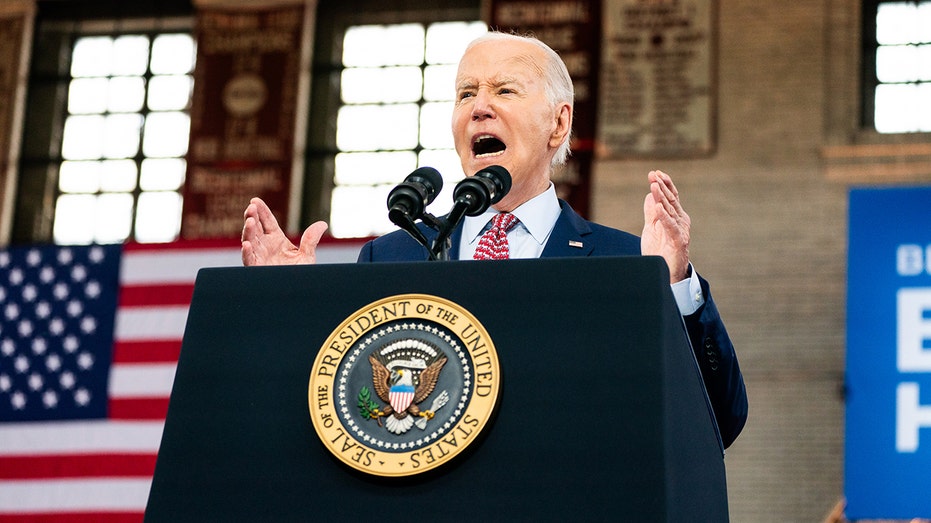Santander UK boss calls on Big Tech to reimburse fraud victims
Santander UK chief executive Mike Reigner has called on social media giants, particularly Meta, to take more responsibility for reimbursing victims of fraud amid a boom in online scams.


Santander UK chief executive Mike Reigner has called on social media giants, particularly Meta, to take more responsibility for reimbursing victims of fraud amid a boom in online scams.
A combination of English being an international language and “faster payments” systems operated by British banks make the country’s customers “a boon to the unscrupulous”, Reigner told the Mail on Sunday.
Big banks have voluntarily been refunding customers that fall victim to authorised push payment (APP) fraud since 2019.
New rules from the Payment Systems Regulator set to come into force next year will hold sending and receiving firms equally liable for reimbursing victims in most fraud cases, which trade body UK Finance has criticised for not holding social media companies responsible for crimes that originate on their platforms.
Reigner criticised the new rules for their “blanket mandatory reimbursement approach”, noting that despite some 70 per cent of APP fraud originating via social media and telephone, those companies were “not on the hook for reimbursement”.
“We see Whatsapp scams and Facebook Marketplace scams happening every day,” he said. “I would like to see other players in the supply chain of fraud pay the bill.”
He added that the new rules could risk creating a “moral hazard” where customers have less incentive to take responsibility for protecting themselves from fraud.
Other banks, as well as UK Finance, have also called on Big Tech firms to take more responsibility for fraud on their platforms.
Lloyds last month issued an “urgent warning” to customers over a surge in cryptocurrency investment scams, with nearly two-thirds originating on social media.
A spokesperson for Meta, which owns Facebook and Whatsapp, told City A.M. in November that it recognised its “important role in tackling the industry-wide issue”.
They added: “We don’t want anyone to fall victim to these criminals which is why our platforms have systems to block scams, financial services advertisers now have to be FCA authorised and we run consumer awareness campaigns on how to spot fraudulent behaviour.”



